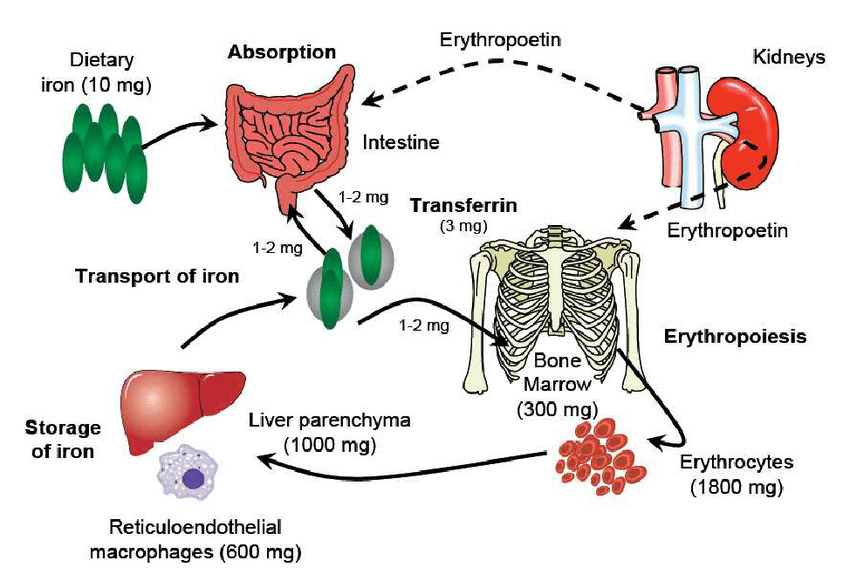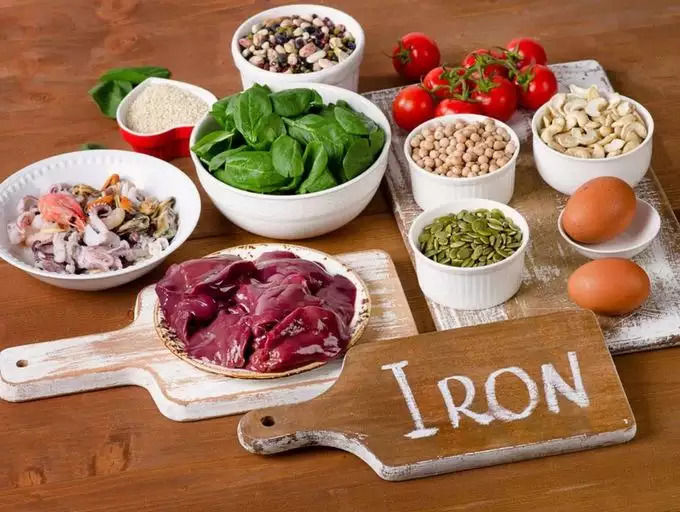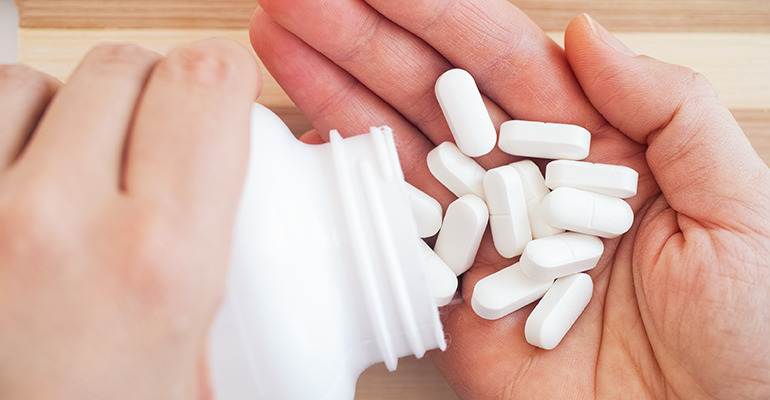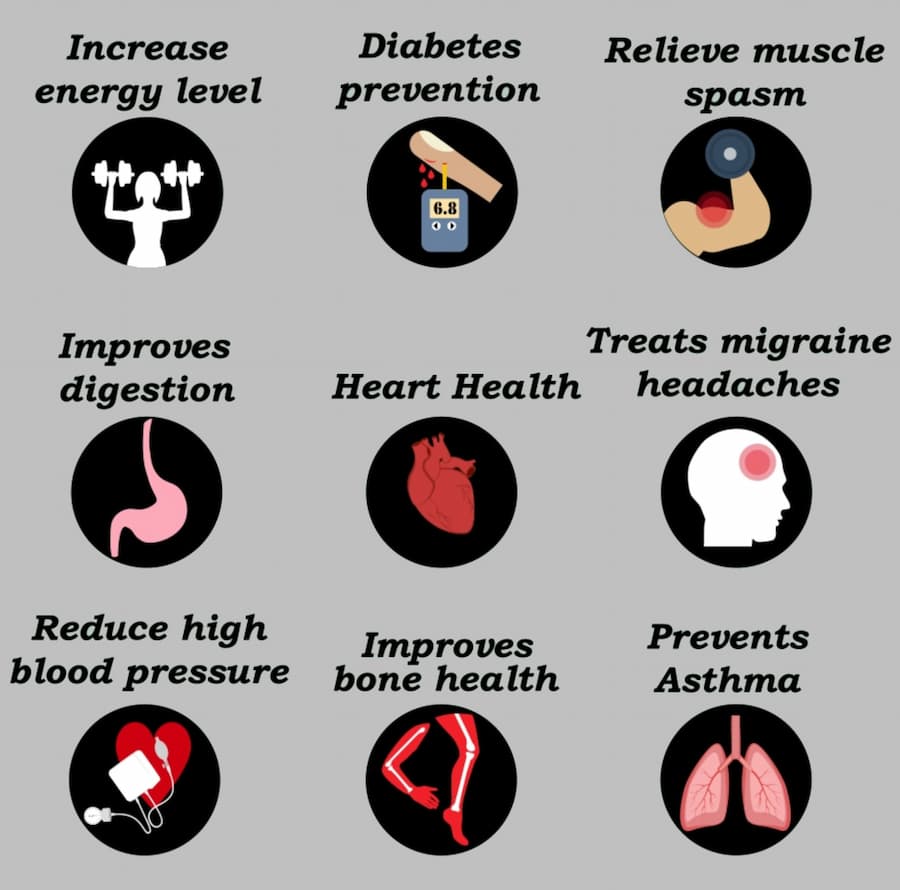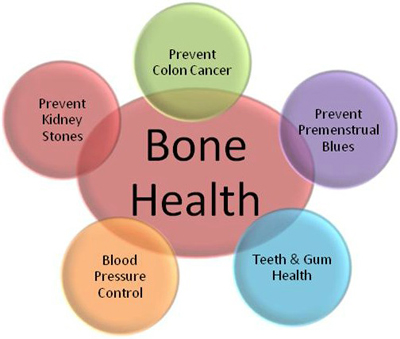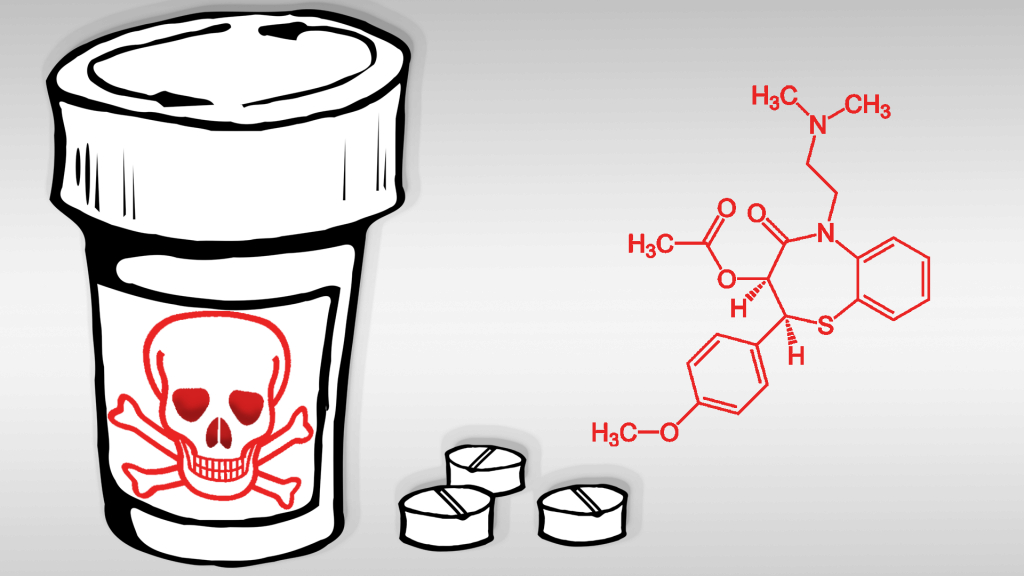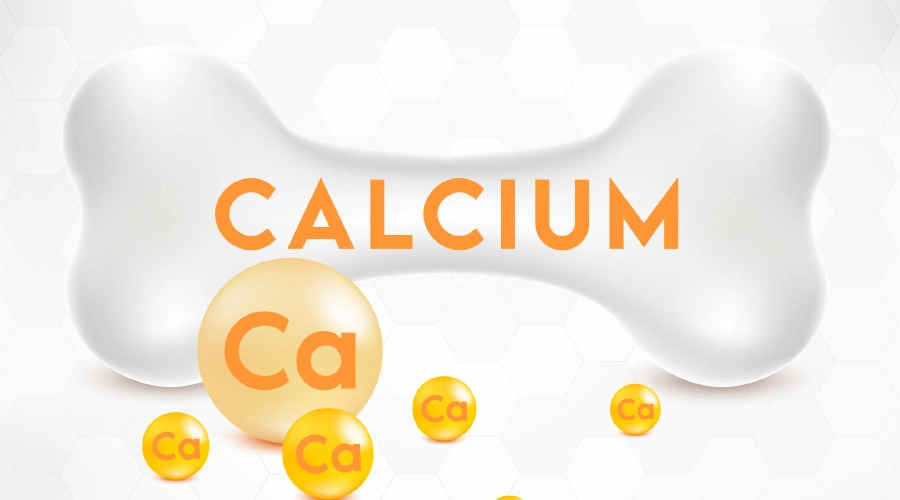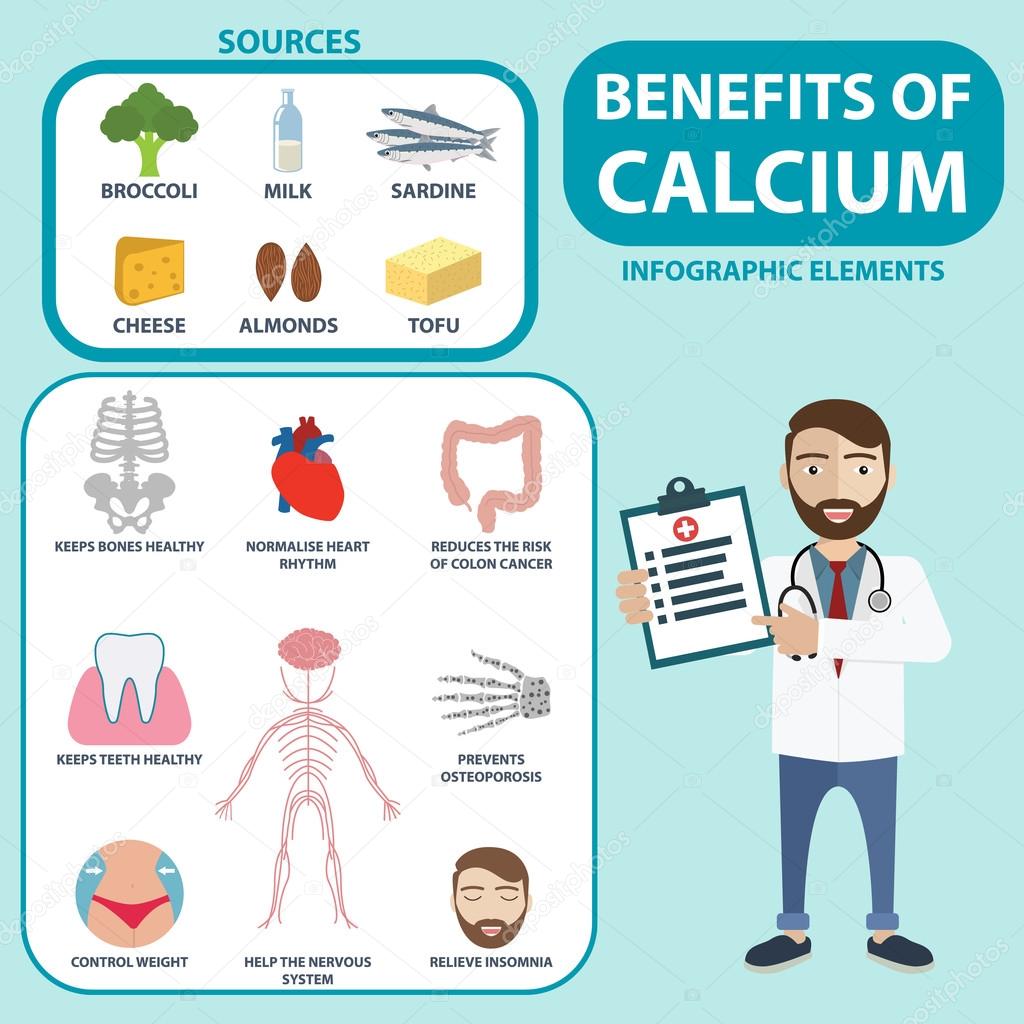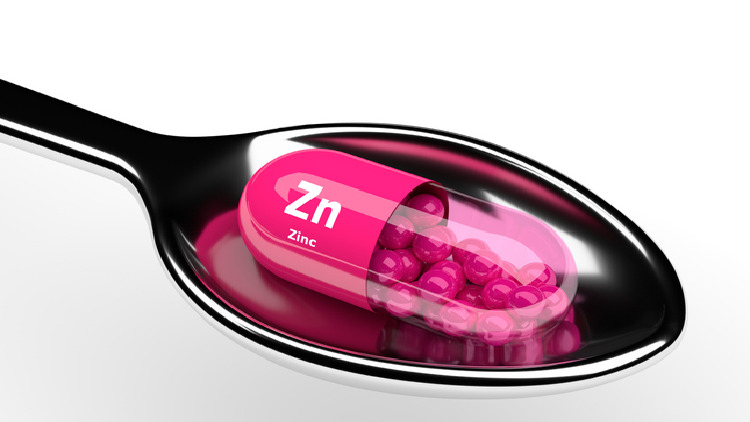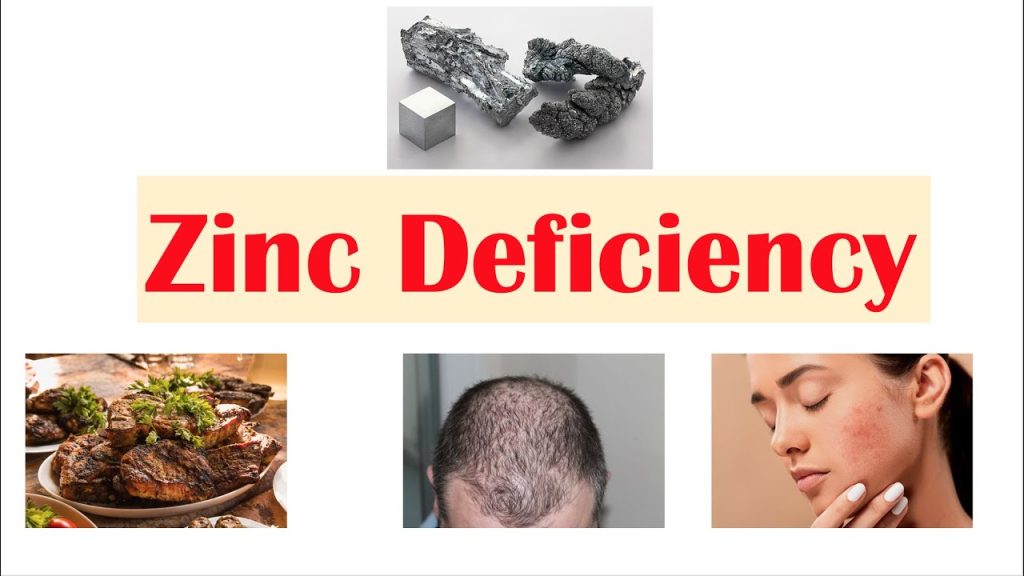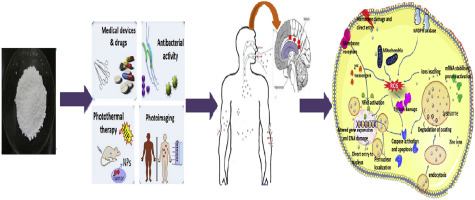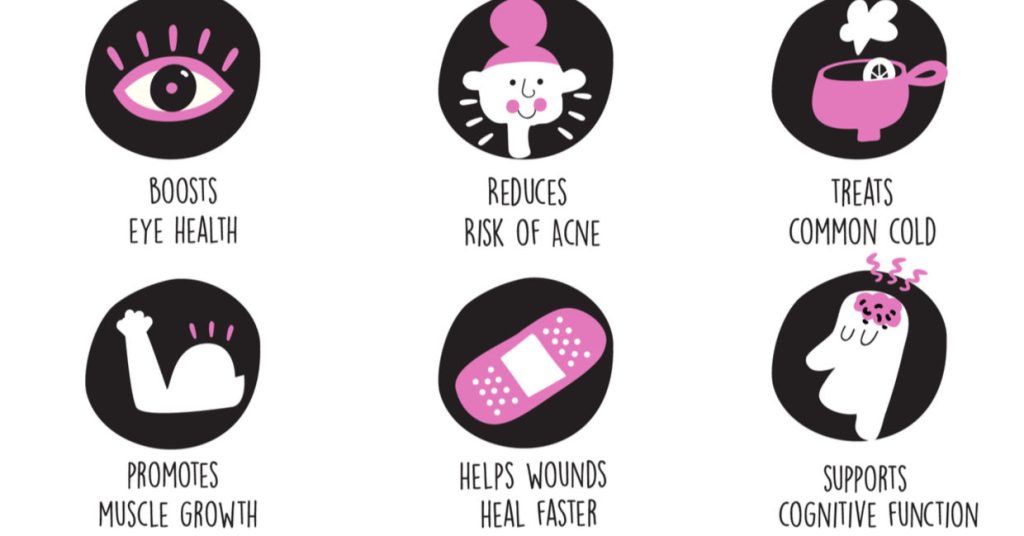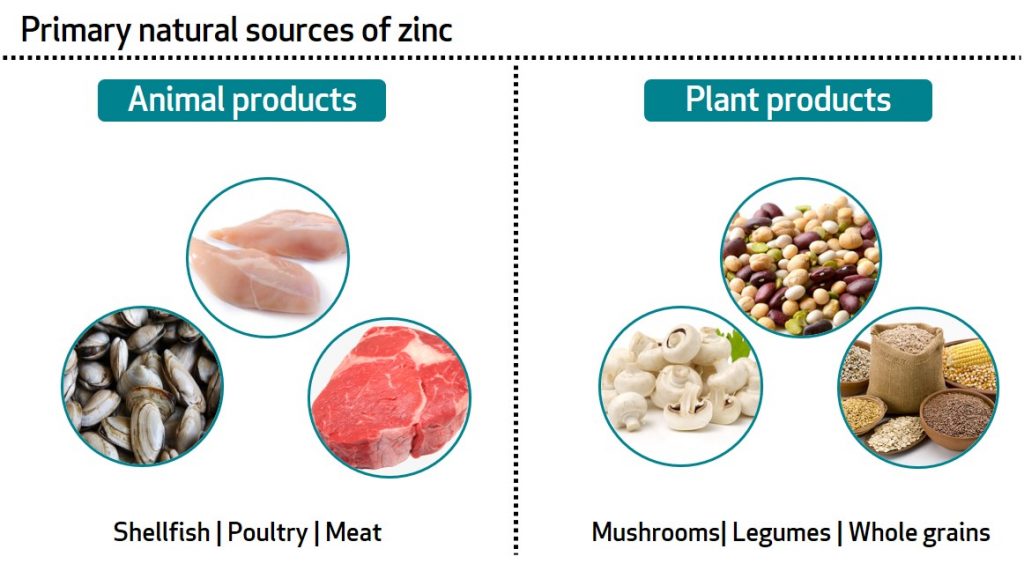How much Iron nutrient does our body need?
Iron Supplements
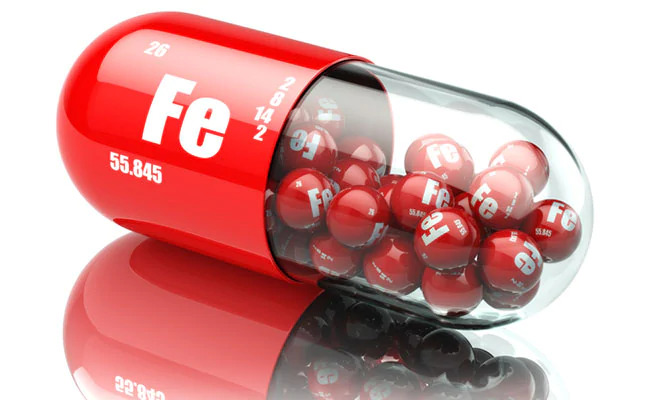
Iron supplement is a synthetic medication that is generally used to treat a condition called Anemia which is the most common result of iron deficiency as per reports. These conditions can cause several symptoms such as fatigue, shortness of breath, chest pain, weakness, etc. Iron supplement is also often used to treat anemia caused by chemotherapy, heavy menstrual period, kidney disease, and pregnancy.
Iron supplement is used to treat low iron levels in the body which might be caused due to malnutrition or certain medical conditions that resist the iron production or function.
It is recommended to consult a doctor regarding specific beneficial doses that could vary for every individual. Doses are generally calculated based on your diet, medical condition, age group, and gender as discussed in the iron requirement section.
Deficiency of Iron
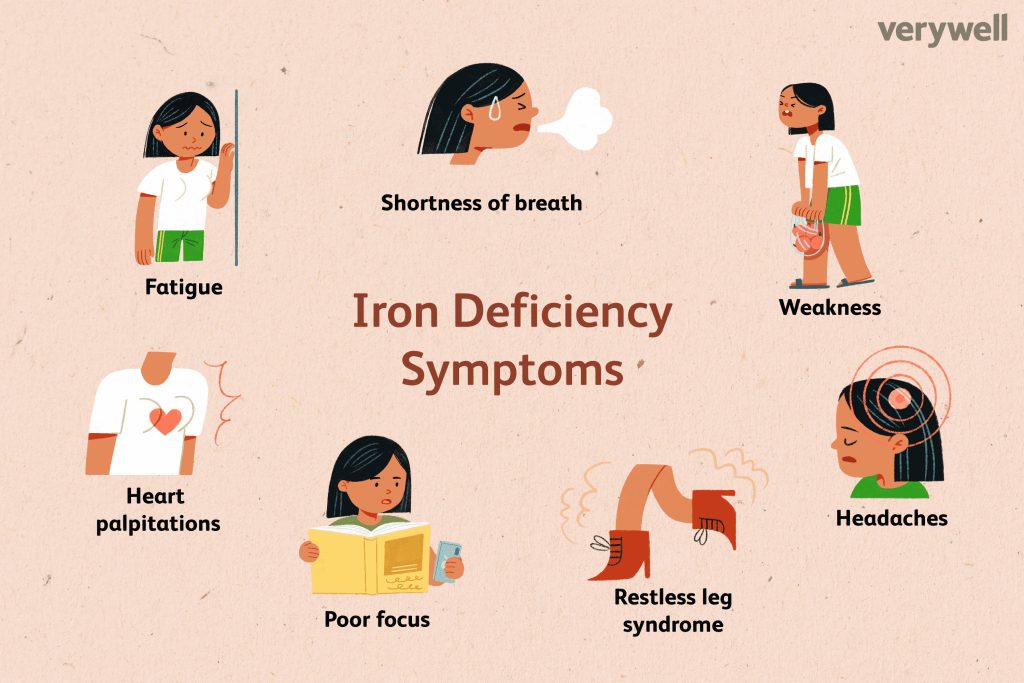
Iron deficiency is the single most common deficiency to be reported worldwide. It generally occurs when your body does not get to consume enough iron through daily diet. Conditions such as inflammatory bowel diseases, loss of blood due to period bleeding, severe wounds or any other condition, and more need of iron during pregnancy could also cause iron deficiency.
Iron is necessary for your body to produce hemoglobin that permits red blood cells to carry oxygen throughout the body. Lack of hemoglobin leads to an inefficient amount of oxygen resulting in a condition called Anemia. This also makes your heart work more and harder to supply oxygen rich blood throughout your body.
This results in a number of deficiency symptoms such as:
- unusual tiredness,
- difficulty in concentration,
- weakness,
- irritation,
- shortness of breath,
- heart palpitation,
- tongue and mouth swelling/soreness,
- brittle/spoon shaped nails,
- paler skin than usual generally in face and gums,
- headaches particularly in women,
- damaged and dry skin and hair,
- restless leg syndrome, and others.
Consult a doctor if you observe any of such or other symptoms caused due to no reason.
Iron requirement for humans
Iron is necessary as a daily mineral for a human body to perform multiple functions daily. The amount of iron necessary and beneficial for an individual body is based on an individual’s age, medical condition, gender, and diet. Total intake amount of iron along with diet and supplement for an individual is classified as :
For Infants:
- 0.27 mg of Iron for below 6months old.
- 11 mg of iron for 7-12 months old.
For Children:
- 7 mg of iron daily for toddlers between 1-3 years.
- 4-8 years of children need 10 mg of iron per day.
For Females:
- 9-13 years of female need 8mg/day of iron
- 14-18 years need 11 mg of iron daily
- 19-50 years need 15 mg of iron everyday
For Males:
- 9-13 years of male need 8mg/day of iron
- 14-18 years need 11 mg of iron daily
- 19-50 years need 8 mg of iron everyday
Medical conditions:
- A pregnant female needs 27 mg of iron daily
- lactating females between 14-18 need 10 mg of iron everyday.
- lactating females above 19 need 9 mg of iron everyday.
REFERENCES:
- https://www.verywellfit.com/symptoms-of-iron-deficiency-5188449
- https://www.ncbi.nlm.nih.gov/pmc/articles/PMC3999603/
- https://www.ndtv.com/food/iron-supplements-may-lead-to-colon-cancer-top-5-iron-rich-foods-to-eat-instead-1836698
- https://www.healthline.com/health/iron-poisoning
- https://www.mayoclinic.org/drugs-supplements/iron-supplement-oral-route-parenteral-route/description/drg-20070148
- https://medlineplus.gov/ency/article/007478.htm
For more details, kindly visit below:

